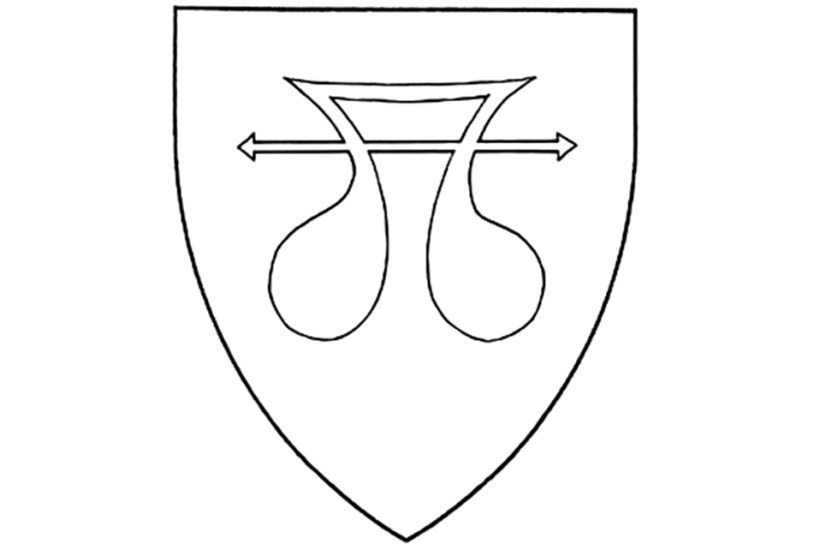The Budget (which the revolutionary fiscal act last week was technically not) is directly connected with bilge and with one of the circles of Dante’s Hell, the eighth, which houses the financial fraudsters, speculators, extortionists, counterfeiters and false forecasters.
The circle is divided into the ten ditches of Malebolge. The Malebolge, singular bolgia, take their name from Latin malus (‘evil’) and bulga (‘bag’). The early commentator on Dante, Benvenuto da Imola, says that bolgia in Florentine speech means a concave and capacious ditch. In Dante’s Hell inside the Earth, the Malebolge are concentric.
Budget also comes from the Latin bulga. We are just about aware of the obsolescent budget meaning a leather wallet and its content, metaphorically, as in a ‘budget of news’. Of the government Budget, the word was first applied in a satirical pamphlet on Walpole from 1733, likening him to a mountebank or quack: ‘The Budget is opened; and our State Emperick hath dispensed his packets by his Zany Couriers through all Parts of the Kingdom.’
The ancient Romans are thought to have borrowed their word bulga from Gaulish. In any case the root word has been very productive, giving us bulge, as in: ‘Algy met a bear./ The bear met Algy./ The bear was bulgy./ The bulge was Algy.’ Bulge used to mean ‘wallet’, like budget, and a variant form was bouge. Heraldry took up bouget as the name for a device represented on shields, in the form of two pouches or water-skins, mounted on a yoke, by the mid 13th century.
From the same source in the 16th century appeared bilge for the lower part of a ship. Gavin Douglas used the word in his translation of the Aeneid in 1522. The ship’s structure lent its name to the foulness collecting within, and hence the rot that people talk, ‘the most frightful bilge’, as Wodehouse noted.
Got something to add? Join the discussion and comment below.
Get 10 issues for just $10
Subscribe to The Spectator Australia today for the next 10 magazine issues, plus full online access, for just $10.
You might disagree with half of it, but you’ll enjoy reading all of it. Try your first month for free, then just $2 a week for the remainder of your first year.















Comments
Don't miss out
Join the conversation with other Spectator Australia readers. Subscribe to leave a comment.
SUBSCRIBEAlready a subscriber? Log in